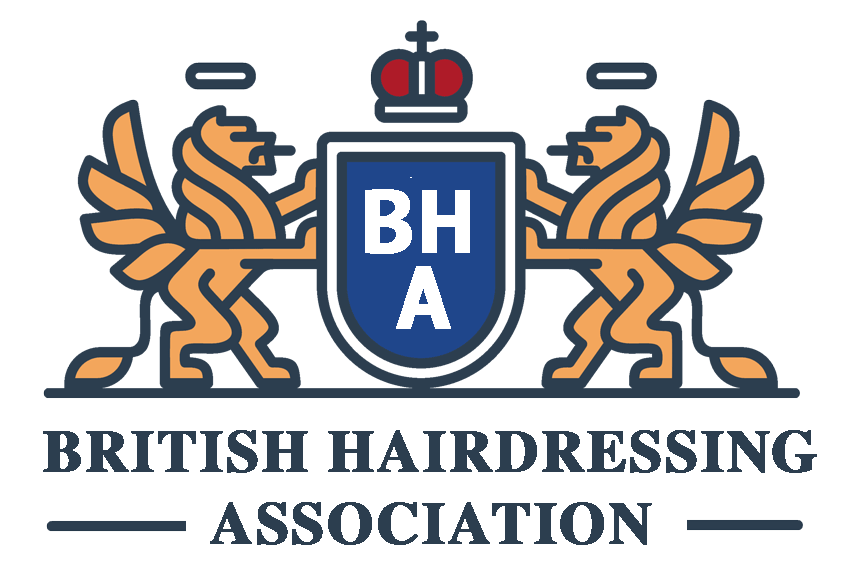What Are Employers’ Expectations for Customer Service Skills in Hairdressing?
FAQ: What Are Employers’ Expectations for Customer Service Skills in Hairdressing?
In the hairdressing industry, customer service skills are paramount. Employers often emphasize these skills as they directly impact client satisfaction, retention, and business reputation. Here are the primary expectations employers have for customer service skills in hairdressing:
1. Effective Communication:
Hairdressers must possess strong verbal communication skills. This includes active listening to understand clients’ needs and preferences, as well as clearly explaining services, procedures, and aftercare. Being able to interpret non-verbal cues is also essential.
2. Professionalism:
Demonstrating professionalism in all interactions is crucial. This involves punctuality, appropriate dress code, and courteousness. Hairdressers should maintain a positive attitude, even in challenging situations, to create a welcoming and respectful environment.
3. Empathy and Patience:
Being empathetic helps in understanding clients’ desires and concerns. Patience is required to handle all types of clients, including those who may be indecisive or anxious. Building a rapport by showing genuine care can enhance the client experience.
4. Problem-Solving Skills:
Clients may sometimes be unhappy with their service. Hairdressers are expected to handle complaints gracefully and efficiently by finding solutions that satisfy the client while maintaining the salon’s standards.
5. Product Knowledge:
Employers expect hairdressers to have comprehensive knowledge of the products they use. This includes an understanding of ingredients, benefits, and potential side effects. Being able to recommend the right products based on individual client needs can enhance service quality.
6. Attention to Detail:
Delivering high-quality service means paying close attention to detail. Accuracy in executing haircuts, color treatments, and other services ensures client satisfaction and upholds the salon’s reputation for excellence.
7. Personalization:
Each client is unique, and employers expect hairdressers to offer personalized services. This involves tailoring techniques, styles, and product recommendations to fit each client’s individual preferences and characteristics.
8. Follow-Up and Aftercare:
Providing guidance on how clients should care for their hair post-appointment shows commitment to their wellbeing. Employers appreciate hairdressers who follow up on appointments to ensure client satisfaction and encourage repeat business.
9. Team Collaboration:
Good customer service often requires teamwork. Hairdressers should be willing to collaborate with colleagues to ensure the salon operates smoothly and efficiently. A cohesive team enhances overall client experience.
10. Upselling Skills:
Employers look for hairdressers who can subtly upsell additional services and products. This not only boosts sales but also improves the client experience by offering tailored solutions that clients might not have considered.
Fostering these customer service skills will not only meet employers’ expectations but also help in building a loyal client base and promoting long-term success in the hairdressing industry.


